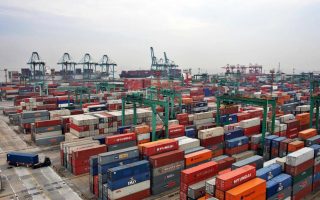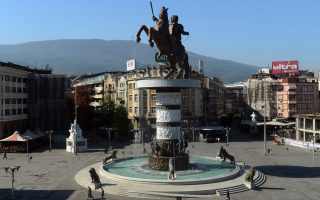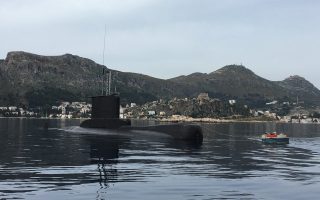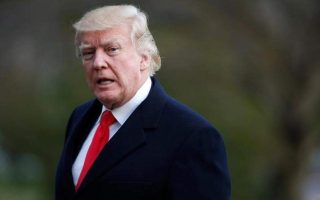Talk of resetting Balkan borders risks backlash
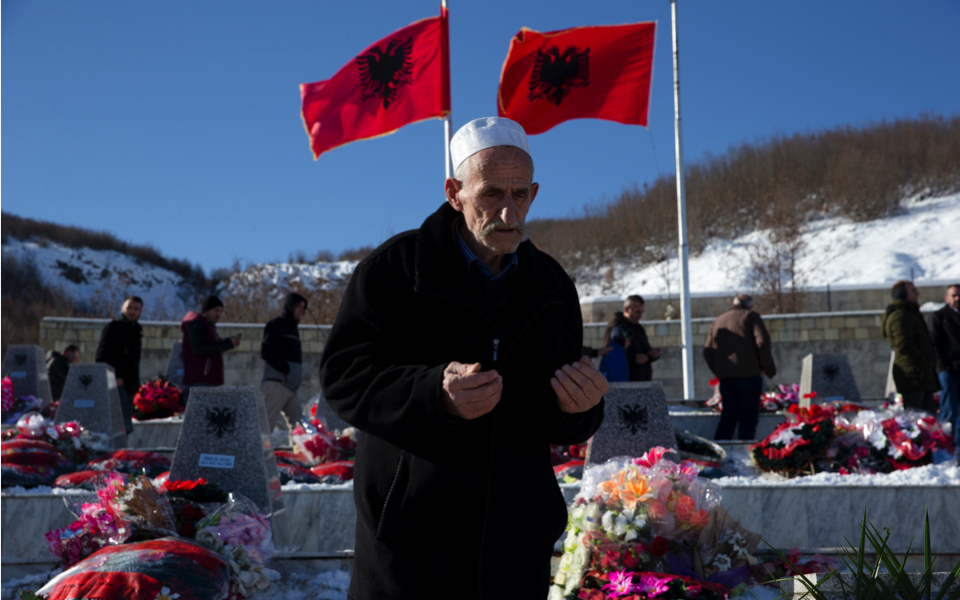
Albanian officials are not very convincing when they denounce talk about a Greater Albania as Serbian and Russian propaganda designed to cultivate fear of Albania.
The facts speak for themselves. A recent Facebook post by Kosovo President Hashim Thaci naturally stirred controversy. Thaci said that, during a recent meeting, he and Albanian Prime Minister Edi Rama discussed “the necessity of the full opening of the Kosovo-Albanian border and creation of an Albanian area without borders, under the Euro-Atlantic umbrella.” This area, he added, should include areas in southern Serbia with an ethnic Albanian majority.
Albanians have for years systematically pursued a policy of “national unification” with the aim of creating what is usually referred to as a “Natural Albania” (essentially another way of saying Greater Albania, to dampen reactions from neighboring countries and strong geopolitical players). Albania and Kosovo already have a common curriculum as well as joint embassies and diplomatic missions. In 2014, the Albanian government scrapped work permits for ethnic Albanians from Kosovo and the Presevo Valley in Serbia. A few days ago, the measure was extended to ethnic Albanians in North Macedonia and Montenegro.
For the time being, the plan appears to be the creation of an Albanian Schengen, as it were, with the abolition of borders between the two countries. They are pushing it step by step, risking a backlash from non-ethnic Albanian populations. The American proposal for a land swap between Kosovo and Serbia facilitates their plans for a single Albanian territory as it foresees the unification of the Presevo Valley, where the population is mostly ethnic Albanian, with Kosovo – a huge step toward uniting ethnic Albanians across the Balkan peninsula.
The Serbian leadership reacted to Thaci’s remarks. However – as comments by President Aleksandar Vucic and Foreign Minister Ivica Dacic demonstrate – it is not opposed to the idea of a territory exchange. This is because a border change in Kosovo would make it easier for Bosnian Serbs to unite with Serbia, which will in the meantime have re-established control over the majority ethnic-Serb area of Kosovo to the north of the River Ibar.
In that way, a Greater Serbia would emerge along with a Greater Albania. Two outstanding historical disputes in the Balkans, the Albanian and the Serbian issue, would have been settled, but at the risk of a wider border domino effect. The Germans are naturally concerned.
